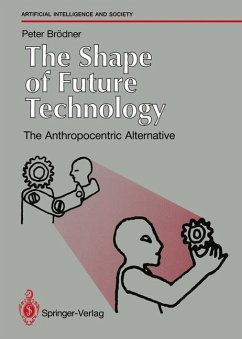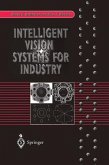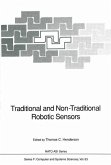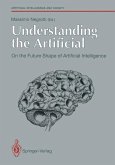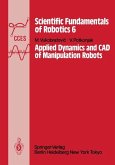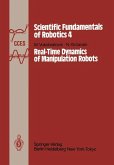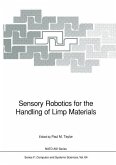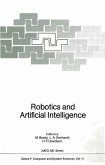This is a translation - with some new material - of a seminal contribution to the debate about the design of tomorrow's factories in the light of advancing computer and control technology. Peter Brödner contrasts mass production with workshop production and challenges the assertion that modern production systems create multi-faceted and responsible tasks requiring correspondingly intense training. He analyses the impact of automation on intellectual work and knowledge-based systems. Is the "workerless factory" possible, or even desirable? Can we avoid the future shown in Lang's Metropolis? Can computers really be made to help rather than replace the workforce? Peter Brödner succeeds in transforming a sociological critical study and economic analysis into a series of convincing technological proposals, based on his thorough understanding of production technologies gained whilst working at the Production Engineering Centre in Karlsruhe.
The book was originally published in German under the title Fabrik 2000.
Eine kritische soziologische Studie und ökonomische Analyse moderner Produktionsmethoden führen zu einer Reihe überzeugender technologischer Vorschläge. Die deutsche Originalfassung dieses Buches hat den Titel Fabrik 2000.
Hinweis: Dieser Artikel kann nur an eine deutsche Lieferadresse ausgeliefert werden.
The book was originally published in German under the title Fabrik 2000.
Eine kritische soziologische Studie und ökonomische Analyse moderner Produktionsmethoden führen zu einer Reihe überzeugender technologischer Vorschläge. Die deutsche Originalfassung dieses Buches hat den Titel Fabrik 2000.
Hinweis: Dieser Artikel kann nur an eine deutsche Lieferadresse ausgeliefert werden.

